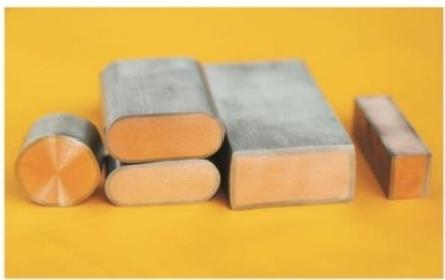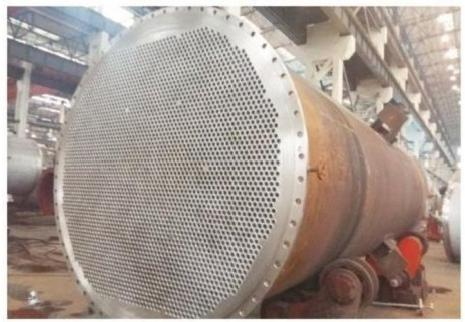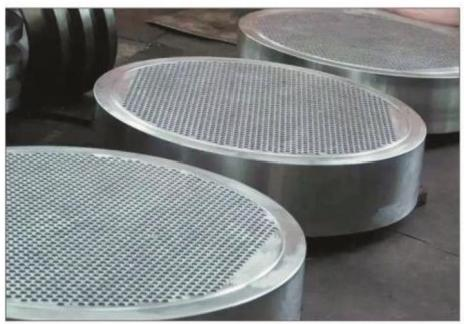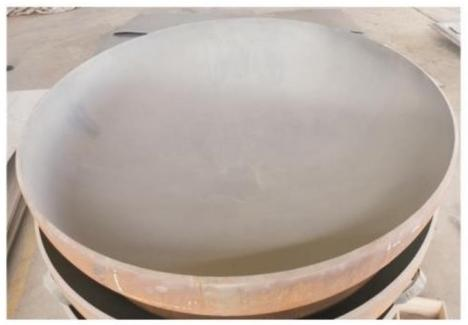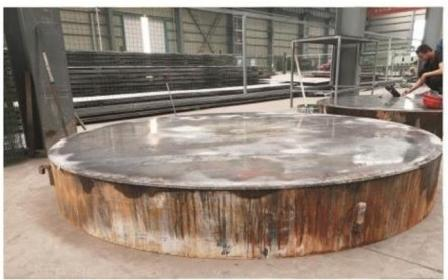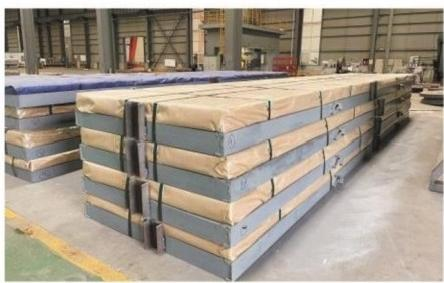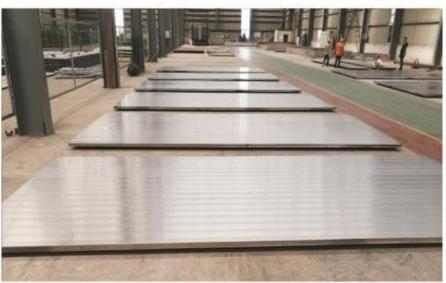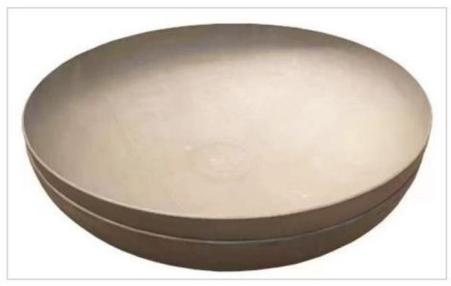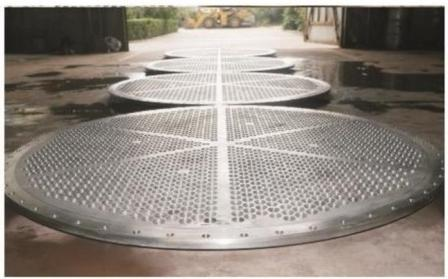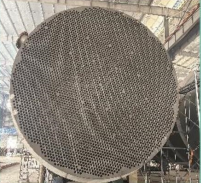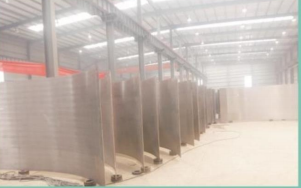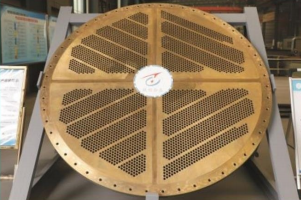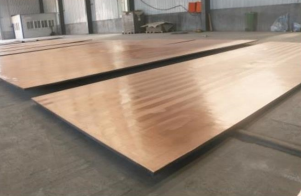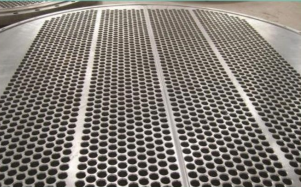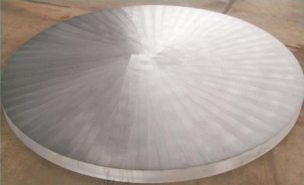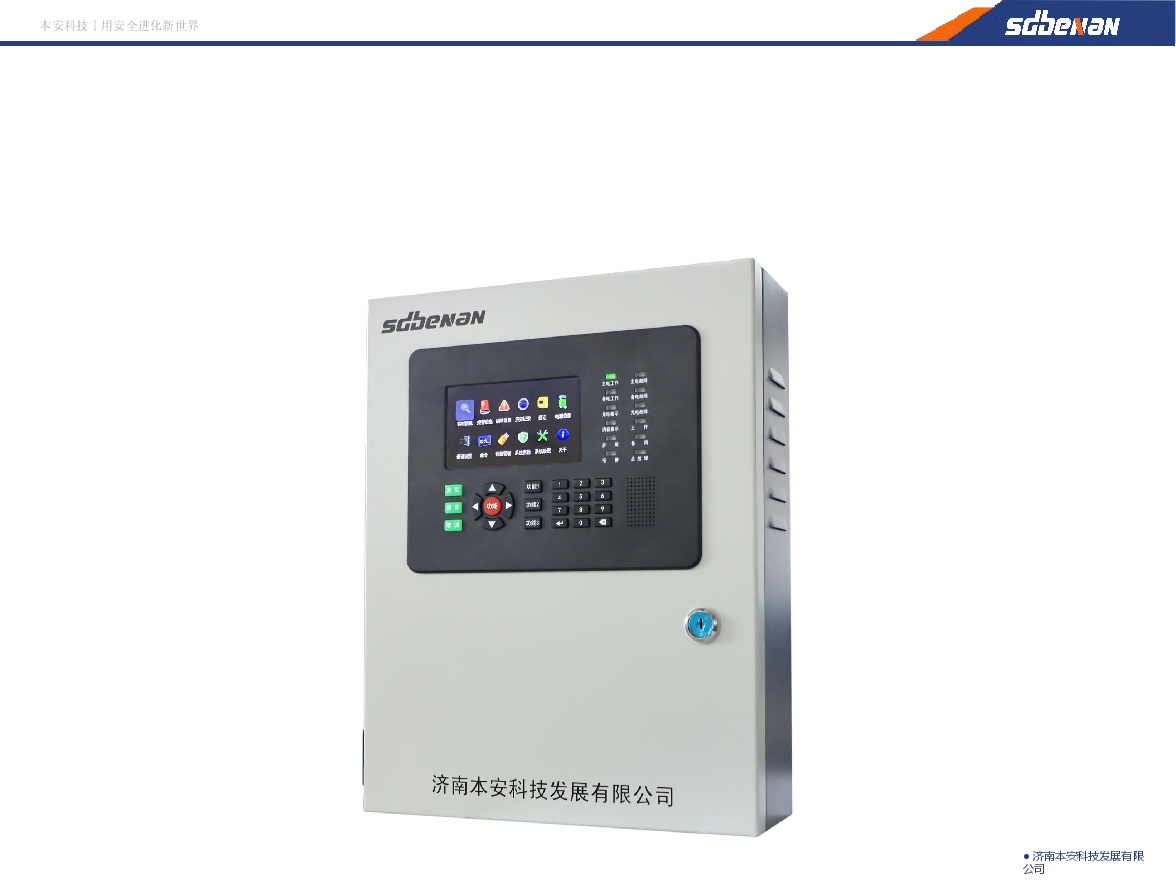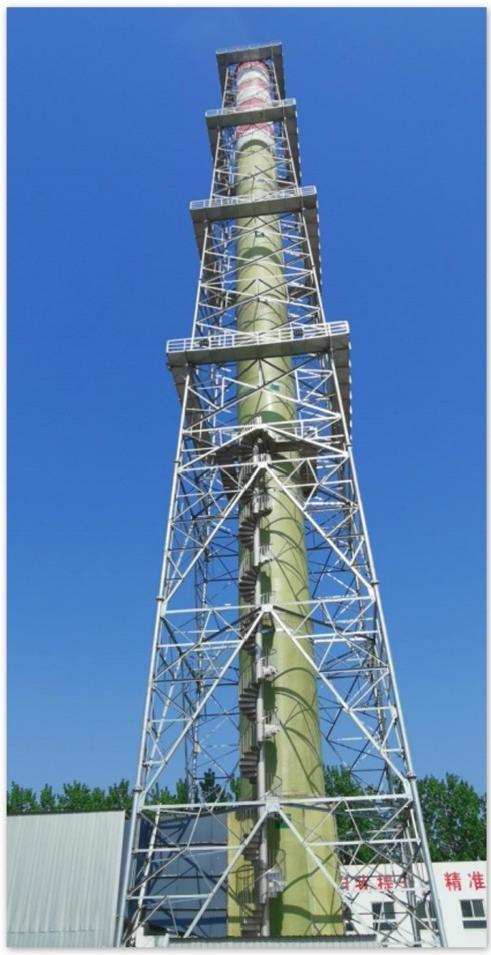 Wedoany.com Report-Feb 19, Doosan Škoda Power has signed a contract with EPC firm Paprec Engineering to supply a turbine for the new Pierrefonds waste-to-energy plant on the French island of Réunion.
Wedoany.com Report-Feb 19, Doosan Škoda Power has signed a contract with EPC firm Paprec Engineering to supply a turbine for the new Pierrefonds waste-to-energy plant on the French island of Réunion.
As part of the agreement Doosan Škoda Power will supply a single-casing DST-G10 steam turbine with a 19MW capacity, together with generator and gearbox etc.
According to the Czech manufacturer, the turbine comes equipped with required instrumentation, thereby reducing necessary on-site activities.
The Pierrefonds WtE plant is being developed by Paprec Energies for waste management firm ILEVA. Once fully operational, the plant will process up to 148,000 tonnes of waste annually, generating 121,000MWh of electricity – enough to supply 10% of Réunion’s population.
The facility will also significantly reduce landfill dependency, with 130,000 tonnes of household waste being recovered instead of buried. The plant is expected to be operational by the end of 2026.
The delivery of the equipment to Réunion is scheduled for April 2025.
Christophe Buchot, deputy procurement director at Paprec Engineering, commented in a statement: “After extensive discussions and negotiations, this agreement with Doosan Škoda Power represents a crucial milestone in advancing the Pierrefonds project. Reaching an agreement that ensured the timely release of equipment, effective management of guarantees, and comprehensive support for site activities was crucial for all parties involved and for the sucess of the project.”
The supply contract was initially signed with French equipment manufacturer CNIM with startup planned for 2023. The project, however, was terminated in 2022 and has now resumed under Paprec’s leadership.
This is the third contract for Doosan Škoda Power on Réunion island. The company also delivered two 30MW steam turbines to the biomass plant in the north of the Island.
According to the European Commission La Réunion is heavily dependent on imported fossil fuels. Of the 1,491 thousand metric tonnes of oil equivalent of primary energy consumption in 2019, 1,305 thousand tonnes of oil equivalent were imported, 72% of which were oil and gas and 28% coal.
La Réunion aims to achieve energy autonomy by 2030, with greater energy efficiency and renewable energy alternatives (50% renewable electricity by 2020, and 100% by 2030).

